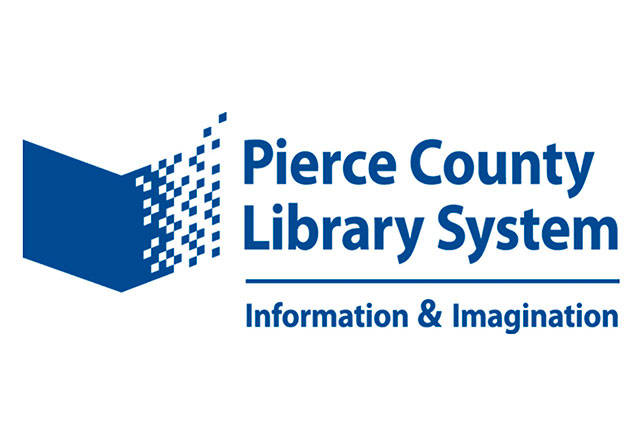On June 13, the Pierce County Library System’s Advisory Committee proposed a property tax increase.
The five-member library board is expected to pass the resolution — which will be the first step in getting the levy on the ballot — on July 11.
The proposed levy will then be placed on the ballot for the November 6, 2018 general election. If approved by a simple majority of voters in Pierce County, the levy will go into effect in January 2018 and last for five years.
By state law, library systems in Washington can collect up to 50 cents for every $1,000 in assessed property value, and this levy will bring the PCLS back up to that limit.
This translates to a $7 million increase a year in property tax revenue for the library system. The average homeowner within the library’s service area with a house value of $317,000 in Pierce County would pay $158 in taxes a year, $29 more than previous years.
Currently, the library system collects 42 cents to every $1,000, and is expected to collect 41 cents in 2019.
The Pierce County Library System has faced a 4 to 7 percent increase in cost and has only received 1.8 percent more in revenue, resulting in a budget deficit of $2 million over the last decade. If the library system does not find a way to increase its budget, they may have to close down several libraries and reduce their services.
If the levy fails to pass, “There will be a reduction of the classes and events offered during the open hours of the libraries,” PCLS Marketing and Communications Director Mary Getchell said. “We do not know which programs will be affected at this time.”
The population that the library serves has increased by 16 percent since 2006, resulting in an 82,000 increase in patrons, and the library served 602,000 people last year alone.
The residents of Pierce County have shown their need for more services and their appreciation for what is currently available. Without this levy, current services cannot be maintained and new ones cannot be created. This levy will seek to maintain the current programs that the library has in place, and no expansions will be made if it is approved.
Since 2009, the library system has eliminated the Bookmobile, book purchases, and online encyclopedia, and laid off 16 employees.



